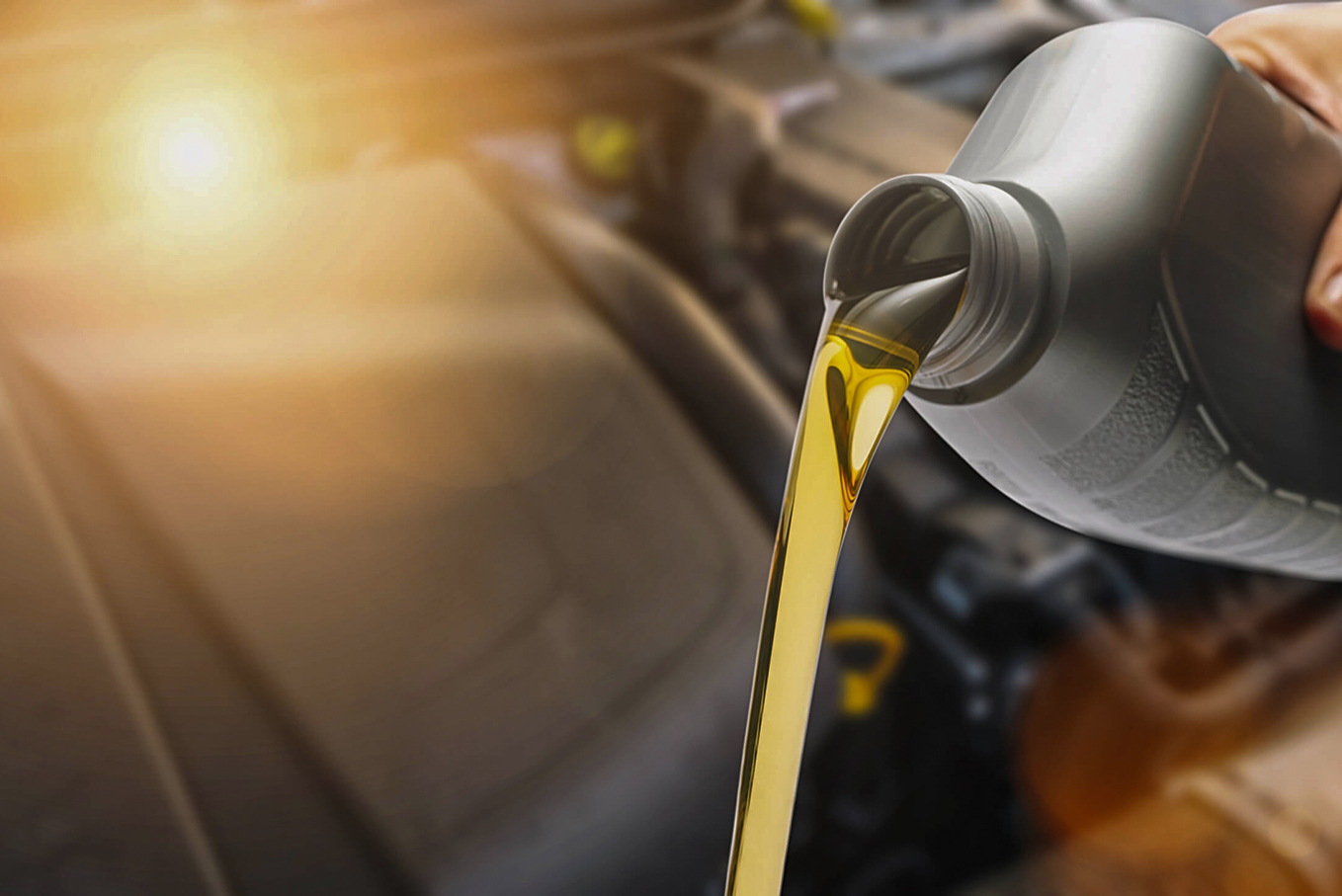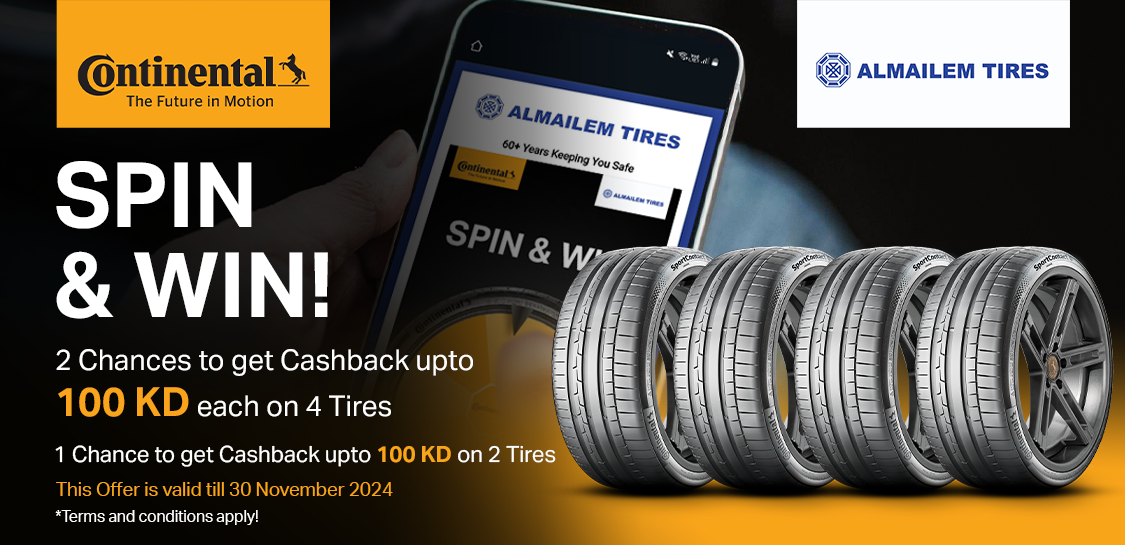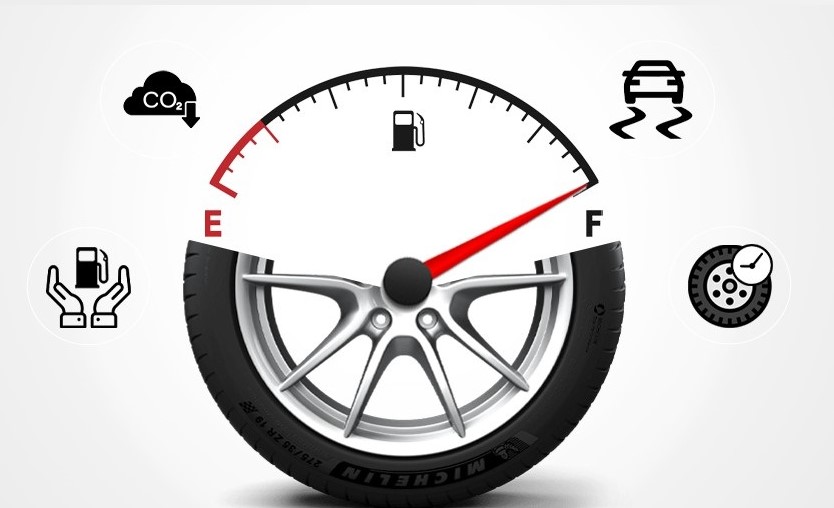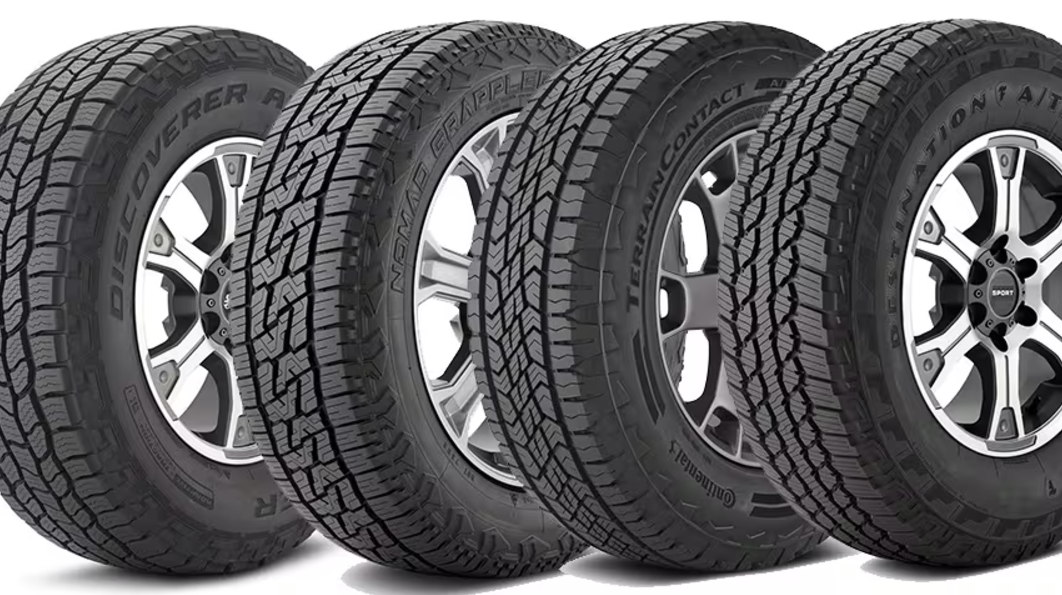
The Importance of Engine Oil: Choosing the Perfect Elixir for Your Car’s Heart
Posted On11.03.2024Introduction
Your car is a marvel of modern engineering, a complex machine that whisks you away on adventures, commutes, and errands. But at the heart of this machine lies a symphony of moving parts – the engine. And just like any intricate mechanism, the engine relies on a vital element to function smoothly and efficiently: engine oil.
Engine Oil: The Vital Symphony of
Imagine your car’s engine as a complex orchestra. Numerous metal components move in perfect harmony, generating the power that propels you forward. But just like any orchestra, this intricate dance requires a conductor – in this case, the irreplaceable engine oil.
Engine oil plays a multifaceted role, ensuring your engine performs like a well-rehearsed symphony:
- Friction Fighter: By creating a slippery film between moving parts, minimizes friction, preventing excessive wear and tear. This reduces the wear on pistons, rings, and other vital components, extending engine life.
- Heat Dissipation: The combustion process within the engine generates immense heat. Engine oil acts like a heat sink, absorbing this heat and carrying it away from critical components. This prevents overheating and potential engine damage.
- Internal Cleanser: Engine operation produces microscopic contaminants. Engine oil acts as a magnet, trapping these particles and preventing them from causing harm. It also helps suspend sludge and varnish buildup, keeping the engine internals clean.
- Seal Maker: Engine oil helps create a tight seal between pistons and cylinder walls. This ensures optimal compression and efficient combustion, leading to better fuel economy and engine performance.
Choosing the right engine oil is paramount for maintaining a healthy engine. It’s an investment that pays off in terms of:
- Enhanced Engine Longevity: Proper lubrication reduces wear and tear, extending the lifespan of your engine and saving you money on repairs in the long run.
- Fuel Efficiency Champion: The right oil viscosity allows engine parts to move smoothly, minimizing energy loss due to friction. This translates to better fuel economy and fewer trips to the gas station.
- Optimal Performance: Engine oil that meets your car’s specifications ensures optimal performance. You’ll experience smoother operation, better acceleration, and a more responsive driving experience.
Decoding the Language of Oil: Grades and Types Explained
As you delve into the world of oil, you’ll encounter two key terms: viscosity and oil type. Understanding these is crucial for selecting the perfect oil for your car.
Viscosity: The Oil’s Dance with Temperature
- Viscosity refers to an oil’s resistance to flow, essentially its thickness. It’s a crucial factor in ensuring proper lubrication at different operating temperatures. Oil grades use a combination of numbers, like 5W-30 or 10W-40, to represent viscosity.
- The “W” stands for winter. The number before it indicates the oil’s flow characteristics at cold temperatures. Lower numbers represent thinner oils that flow more easily in cold weather, allowing for easier engine startup.
- The second number signifies viscosity at operating temperatures. Higher numbers represent thicker oils that provide better lubrication for hot engines.
Conventional, Synthetic, or Blended: Choosing the Right Oil Type
There are three main types of engine oil available, each with its own advantages:
- Conventional Oil: The most basic type, derived from crude oil. It’s a cost-effective option but may require more frequent oil changes due to its breakdown at higher temperatures.
- Synthetic Oil: Manufactured from chemically engineered components, offering superior performance in terms of heat resistance, flow characteristics, and longer oil change intervals. However, synthetic oil typically comes with a higher price tag.
- Blended Oil: A compromise between conventional and synthetic oil, offering a balance between performance and affordability. Blended oil is a good choice for many everyday drivers.
Also Read- Stay Cool This Summer: Check Your Car’s Air Conditioning System
Finding Your Match: Selecting the Perfect Oil for Your Car
Choosing the right oil for your car isn’t a one-size-fits-all approach. Here’s a roadmap to guide you:
The Manufacturer’s Whisper: Cracking the Owner’s Manual Code
Your car’s owner’s manual is the gospel when it comes to recommended oil type and viscosity grade. Following the manufacturer’s specifications ensures optimal performance and protection for your engine’s unique needs. Don’t be afraid to consult your mechanic if you have any questions about interpreting the manual’s recommendations.
Fine-Tuning Your Choice: Considering Driving Habits and Climate
Beyond the manufacturer’s recommendations, consider these factors to further refine your oil selection:
- Stop-and-Go Traffic: Frequent stop-and-go driving puts extra stress on your engine due to constant starting and stopping. In this case, a full synthetic oil might be a better choice. Synthetic oil’s superior resistance to breakdown at high temperatures is ideal for these conditions.
- Highway Cruising: For highway driving with consistent speeds, a high-quality conventional or blended oil might suffice. However, if you tow heavy loads or engage in spirited driving, consider a full synthetic oil for added protection.
- Cold Climates: If you live in a region with harsh winters, a lower viscosity oil (e.g., 5W-30) is crucial. This thinner oil flows more easily at cold temperatures, ensuring easier engine startup and optimal lubrication during cold weather.
- Hot Climates: In hot climates, a higher viscosity oil (e.g., 10W-40) might be preferable. This thicker oil provides a more robust layer of protection for engine components under scorching temperatures.
The Price of a Wrong Note: Consequences of Incorrect Oil Choice
Choosing the wrong engine oil grade or type can be like playing a discordant note in the symphony of your engine. Here’s what you might face:
- Increased Engine Wear: Improper lubrication due to incorrect oil viscosity can accelerate wear and tear on engine components. This can lead to costly repairs down the road.
- Reduced Fuel Efficiency: Thicker oil than recommended can create drag on the engine, forcing it to work harder and consume more fuel.
- Performance Issues: The wrong oil might not adequately protect the engine at operating temperatures. This can lead to power loss, knocking sounds, and overheating.
- Engine Damage: In severe cases, using the wrong oil for an extended period can lead to engine seizure and catastrophic failure.
Maintaining Engine Harmony: Oil Change Intervals and Best Practices
- Regular Oil Changes: Regular oil changes are vital for maintaining engine health. The recommended oil change interval for your car can be found in the owner’s manual and typically falls within the range of 3,000 to 10,000 miles, depending on the oil type, driving conditions, and manufacturer’s recommendation. Don’t forget to factor in your own driving habits when determining how often to change your oil.
- Oil Filter Replacement: When changing your oil, it’s crucial to replace the oil filter as well. The filter traps dirt and debris, and a clogged filter can reduce oil flow and negate the benefits of fresh oil.
- Top Up Oil Levels Regularly: Check your oil level regularly using the dipstick. This allows you to identify and address any leaks or oil consumption issues promptly. Adding fresh oil to maintain the proper level ensures optimal engine lubrication.
By understanding the importance of engine oil, selecting the right oil for your car, and following proper maintenance practices, you can ensure your engine performs like a well-oiled machine for miles to come. Remember, your car’s engine is a complex and expensive piece of machinery. Choosing the right engine oil is a wise investment that pays off in terms of engine longevity, fuel efficiency, and overall driving performance.
FAQ
What is engine oil and why is it important?
Engine oil is a lubricant that plays a critical role in your car’s engine. It acts like a protective layer between moving parts, reducing friction, preventing wear and tear, and keeping the engine clean and cool. Using the right engine oil is essential for maintaining engine health, maximizing fuel efficiency, and extending the lifespan of your car.
What are the different types of engine oil?
There are three main types:
- Conventional oil: The most basic and affordable option, but may require more frequent oil changes.
- Synthetic oil: Engineered to offer superior performance in terms of heat resistance, flow characteristics, and longer oil change intervals, but typically comes with a higher price tag.
- Blended oil: A compromise between conventional and synthetic oil, providing a balance between performance and affordability.
How do I choose the right engine oil for my car?
The best oil for your car depends on several factors:
- Manufacturer recommendations: Always consult your car’s owner’s manual for the recommended oil type and viscosity grade. This is the primary factor to consider.
- Driving habits: Frequent stop-and-go traffic or towing heavy loads might benefit from a full synthetic oil.
- Climate: Colder climates require lower viscosity oil for easier startups, while hotter climates might benefit from a higher viscosity oil for better lubrication.
How often should I change my engine oil?
Oil change intervals vary depending on your car’s make, model, oil type, and driving habits. The recommended interval is typically between 3,000 and 10,000 miles. Consult your owner’s manual for specific recommendations.
What happens if I use the wrong engine oil?
Using the wrong oil grade or type can lead to several problems, including increased engine wear, reduced fuel efficiency, performance issues, and even engine damage in severe cases.
How do I check my engine oil level?
Most cars have a dipstick for checking the oil level. Consult your owner’s manual for instructions on how to properly check your oil level.




